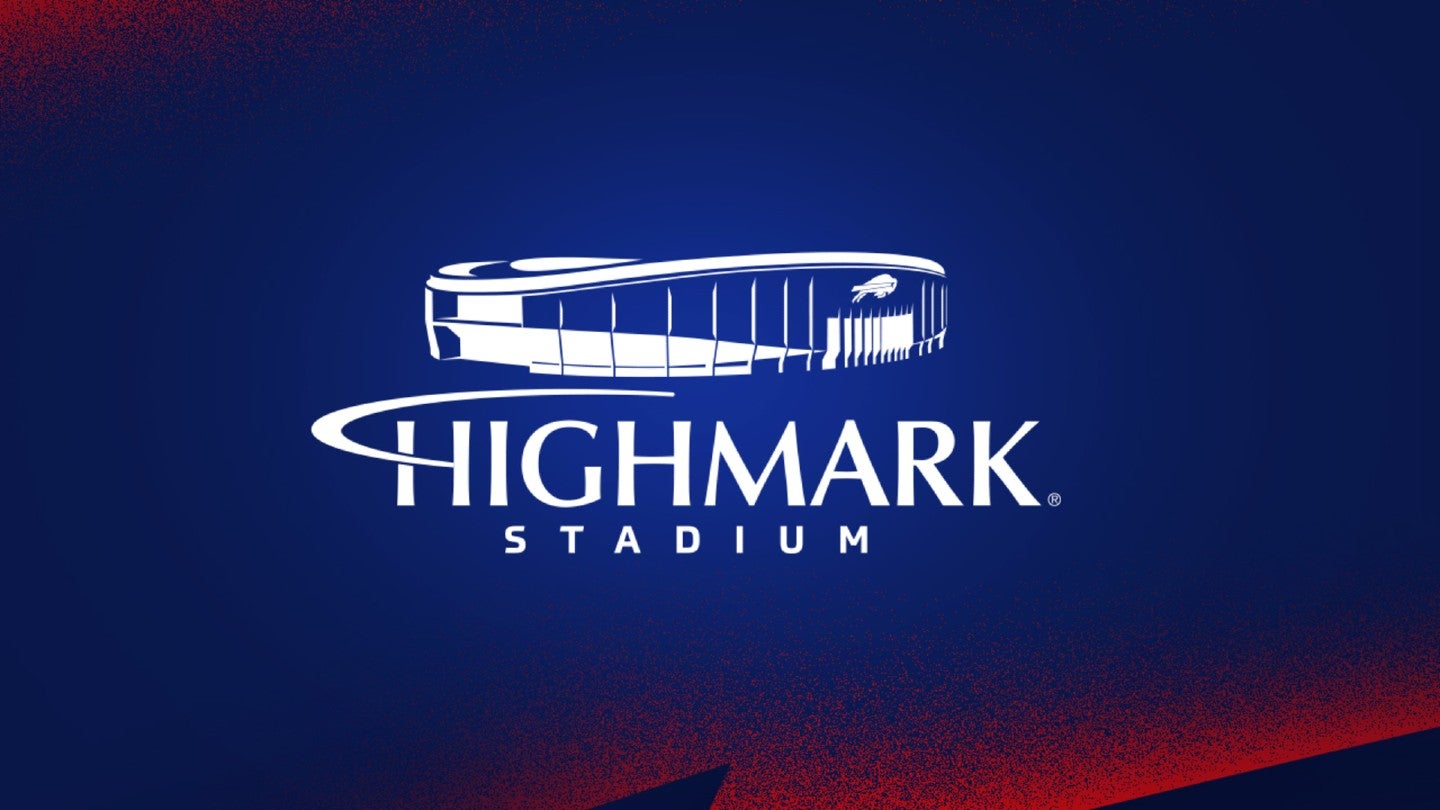
The Buffalo Bills, of American football’s NFL, have struck a new multi-year stadium naming rights deal with health insurance company Highmark Blue Cross Shield of western New York for the franchise’s planned $1.4 billion stadium, which is set to open in 2026.
The deal will see the Bills' new open-air 63,000-seat venue in New York state take on the same name as the franchise’s current home, Highmark Stadium, which sits opposite the new arena in Orchard Park.
Highmark became the team’s current stadium naming rights partner in March 2021 in a 10-year deal with the Bills and had first right of refusal to continue holding naming rights once the new stadium is built. The health insurance firm replaced New Era, with the headwear and apparel firm breaking off an intended seven-year deal amid the Covid-19 pandemic.
The new deal has been brokered by premium experiences company Legends, which was hired last April to lead project management, sales, and partnerships for the Bills’ new stadium. As part of the tie-up, Legends was tasked with selling seat licenses, naming rights, and ‘founding partner’ arrangements.
The Bills said keeping the Highmark stadium name amidst the franchise’s first move since 1973 was an important way to preserve the history and meaning behind the team.
Ron Raccuia, the Bills’ executive vice president and chief operating officer, said: “We felt like that was important to the authenticity of the franchise in the community.

US Tariffs are shifting - will you react or anticipate?
Don’t let policy changes catch you off guard. Stay proactive with real-time data and expert analysis.
By GlobalData“Organizations and teams lose some of that value of the importance of a naming right partner when it changes a lot. So, it was really important for us to have that continuity.”
The deal was announced at a ‘breaking ground’ ceremony to mark the start of construction on the new stadium grounds, with the venue expected to be ready in time for the 2026 season. Major construction is expected to begin this month.
The agreement for a new venue was struck last March after years of negotiation between the team, New York state, and Erie County. The deal includes a 30-year lease and a non-relocation agreement that will make it difficult for the team to leave Buffalo, the second-smallest NFL market behind that of the Green Bay Packers.
The Bills are replacing their 49-year-old stadium in what is expected to be the largest project built in western New York. It is being financed through a joint public-private partnership, with the Bills committing $550 million to the project. NFL team owners agreed to a $200 million loan for the Bills to go toward construction costs as part of the $550 million commitment.
State and county taxpayers, meanwhile, will provide $850 million for the initial $1.4 billion stadium ($600 million from New York state and $250 million from Erie County). The cost of the new stadium, however, is now $1.53 billion, with the Bills owners, the Pegula family, responsible for any additional costs.
When the agreement was struck in March 2022, the public commitment was the largest ever for an NFL facility (but falls in line with historical contributions in relative terms). However, that has since been surpassed with the Tennessee Titans receiving more than $1.2 billion in public funding for their future stadium.
It is expected to be recouped through the economic activity generated by the construction of the new stadium, which is expected to create 10,000 union jobs and the facility’s future operations.
Additionally, it has been estimated the Bills will generate $27 million in direct annual income for the state.
The Bills’ existing Highmark Stadium was deemed too expensive to renovate, with a study putting the cost at $862 million.


